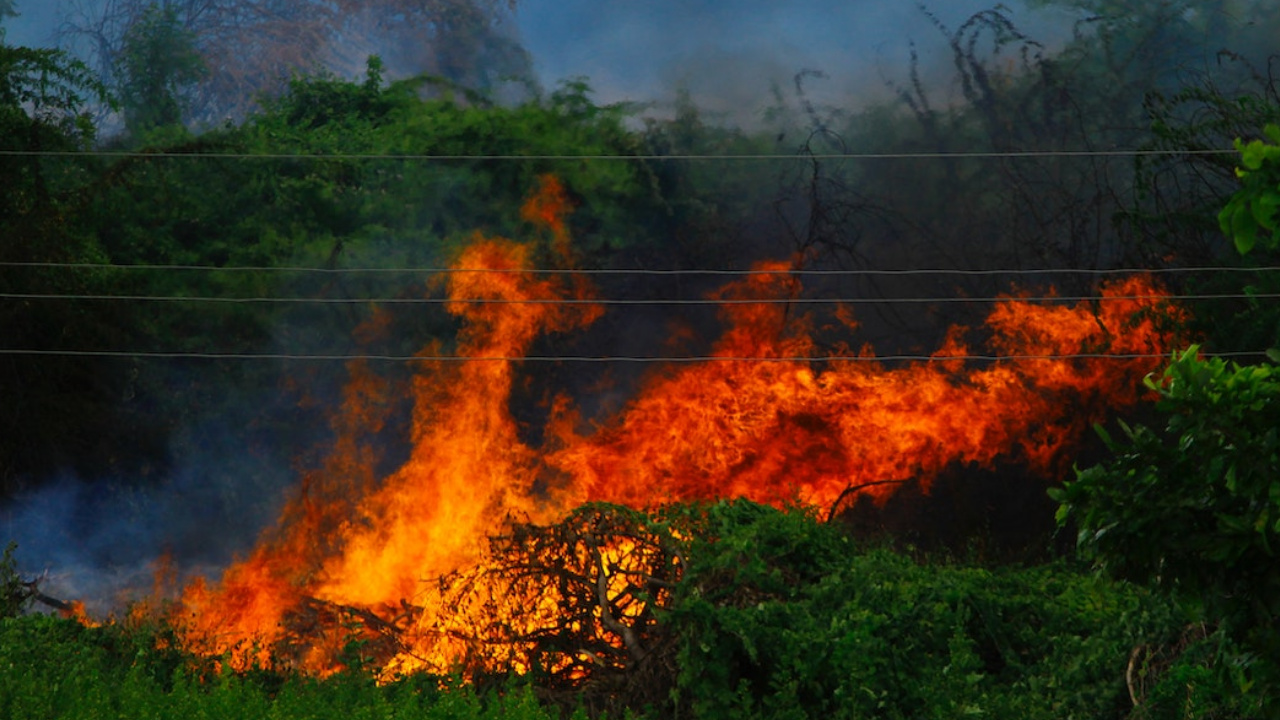Wildfires, often viewed as destructive natural phenomena, have been a subject of increasing interest in the context of environmental science. While they can cause immense damage to ecosystems and communities, recent research suggests that wildfires may also play a complex and important role in maintaining ecological balance. An in-depth exploration of this topic is presented in an article by Geographical that delves into the question: Are wildfires good for the environment?
The Paradox of Wildfires
Wildfires have long been associated with destruction, particularly when they threaten human lives, property, and natural habitats. However, some ecosystems have evolved alongside fire, making them dependent on periodic burn cycles. These ecosystems, known as fire-adapted or fire-dependent ecosystems, have species that rely on fire for seed germination, nutrient recycling, and habitat regeneration.
Regeneration and Renewal
One of the key benefits of wildfires is their ability to trigger regeneration and renewal in certain ecosystems. For example, in pine forests, certain tree species have serotinous cones that open and release seeds only in response to the heat of a fire. This natural process ensures that new growth occurs after a fire, contributing to forest renewal.
Biodiversity and Habitat Diversity
Contrary to the perception of complete destruction, controlled wildfires can promote biodiversity and habitat diversity. These fires can clear out undergrowth and invasive species, allowing native plants to thrive. This, in turn, attracts a variety of animal species that rely on these plants for food and shelter.
Nutrient Cycling
Wildfires also play a role in nutrient cycling, returning essential nutrients to the soil. The intense heat from fires breaks down organic matter and releases nutrients like nitrogen and phosphorus. These nutrients enrich the soil, promoting the growth of new vegetation.
Challenges and Management
While some ecosystems benefit from wildfires, the scenario is not one-size-fits-all. Uncontrolled fires can lead to extensive damage, loss of property, and threaten lives. As climate change contributes to more frequent and intense wildfires, it becomes imperative to strike a balance between harnessing the benefits of fire and preventing its destructive consequences.
Indigenous Knowledge and Fire Practices
Indigenous communities around the world have long recognized the importance of fire management in maintaining healthy ecosystems. Traditional fire practices, such as controlled burns, have been used for generations to shape landscapes and promote biodiversity. Incorporating indigenous knowledge into modern fire management strategies can contribute to more sustainable fire practices.
The Way Forward
Understanding the complexities of wildfires and their ecological implications is essential for informed decision-making and environmental stewardship. Researchers and policymakers are exploring strategies to manage wildfires in a way that respects both their benefits and risks. By incorporating scientific knowledge, indigenous wisdom, and innovative fire management techniques, we can work towards a harmonious coexistence with this natural phenomenon.
In conclusion, the question of whether wildfires are good for the environment doesn’t have a straightforward answer. While they can have positive ecological effects, the key lies in responsible management and prevention of uncontrolled fires. As we navigate the challenges posed by changing climate patterns, finding ways to harness the regenerative power of wildfires while minimizing their destructive impact will be a crucial step toward a more resilient and balanced natural world.
